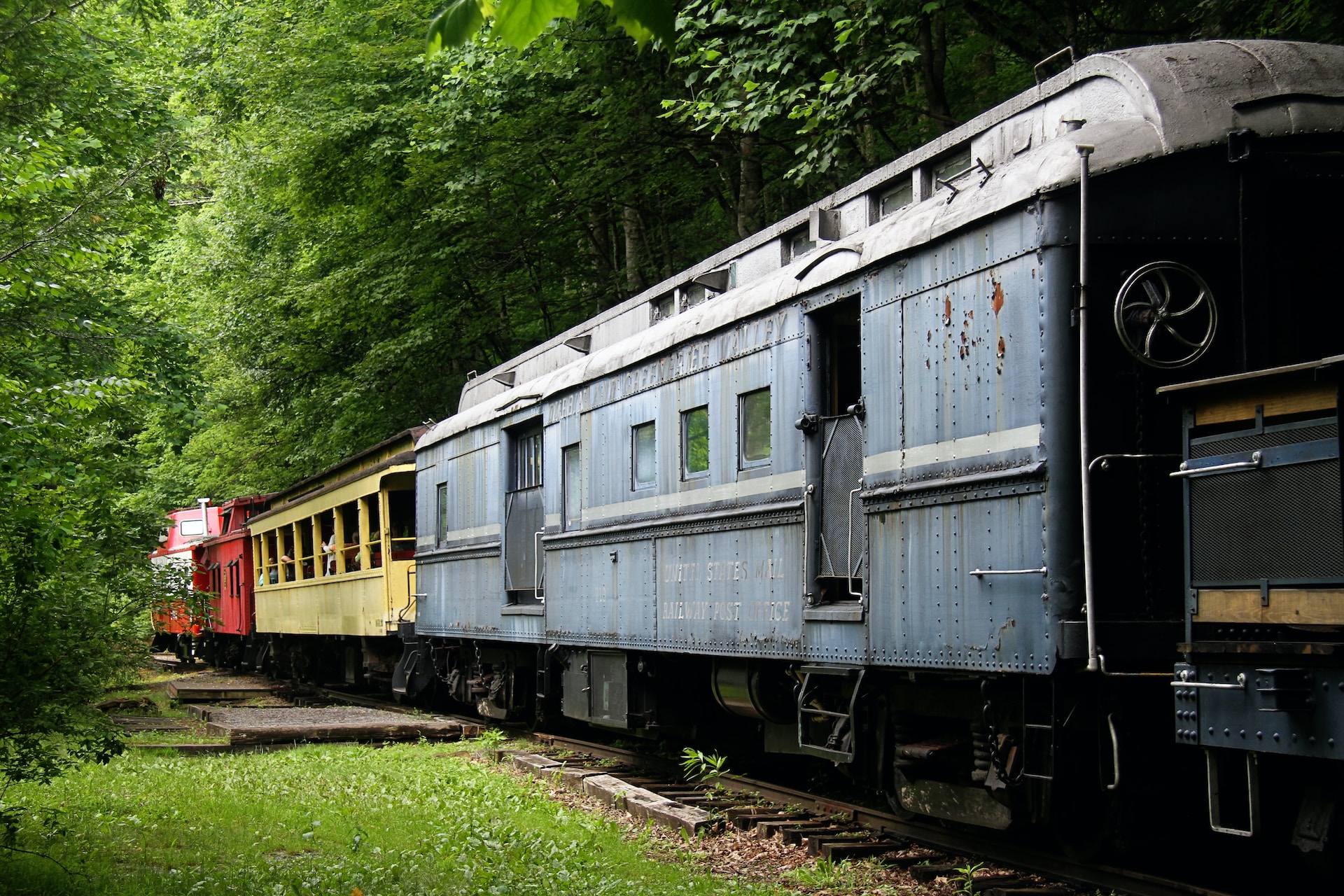
Comment Editor Nathan Farrington explores the failed railway schemes in the North of England
The development of rail travel is inextricably linked to the north of England. Many of the early locomotives were designed in the North East while the first inter-city railway network was opened between Manchester and Liverpool in 1830.
It is a sad indictment of this nation’s policy on trains that a region whose innovation was key in the development of railways is now failed by its inadequate travel networks.
The recent announcement made by the Prime Minister, confirming the cancellation of the northern leg of HS2, is nothing short of a farce. Any belief that a government who won its mandate on a ‘levelling-up’ agenda would revitalise northern travel infrastructure is now completely dead.
Advocates of Sunak’s announcement would point to the new ‘Network North’ concession as a cost-effective and ambitious alternative to HS2. Yet, are we really expected to believe that this will be any different to the flawed predecessors of this initiative such as the ‘Integrated Rail Plan’, ‘levelling up’, ‘Northern Powerhouse’, and the ‘Northern Way’?
Neglect of northern rail… extends beyond the last two decades
In fact, governmental neglect of northern rail infrastructure extends beyond the last two decades and has become an endemic aspect of Westminster policy. I would argue that this lineage extends back to the 1960s when Dr Beeching authored a report on railway modernisation.
Rather than opting for innovation, Beeching’s recommendations included the extensive destruction of many crucial railway lines that disproportionately affected northern communities. As the Urban Transport Group have shown, Beeching proposed the termination of 66 stations in Manchester, 62 in West Yorkshire, and 41 across Merseyside.
Not only was the data collection to justify these choices at best insufficient, the consequences of these changes in northern towns were severe. In Yorkshire, many settlements were cut off from urban areas which contributed to population decline in these towns and villages.
Railway closures in the region could have been complimented by greater road development and more frequent bus services. But of course, this never happened.
Take the Pennines as one example. The M62 aside, much of the existing infrastructure used today was constructed in the nineteenth century. This provides a suitable parallel to the HS2 decision where a brand new line into the north has been annulled which will only produce more congestion on Victorian railways between Birmingham and Manchester.
These failures in policy contribute to unreliable travelling experiences which prevents northern cities from greater economic growth. The connection between Manchester and Leeds is 36 miles apart yet often travel at 30mph if they haven’t been delayed or cancelled already. More suitable links between these cities would produce mutually beneficial financial rewards.
It’s not only through the Beeching Cuts that neglect of the north has been manifest in government decisions. The Channel Tunnel was created, not to connect England to the continent, but to provide a passage from London to Paris.
These failures in policy contribute to unreliable travel experiences
Initial plans, however, included a line that would extend through the capital and into the North of England where it would terminate in Manchester. Had this plan come into fruition, passengers would be able to buy one ticket in a northern city and travel to Europe directly, opening up countless socio-economic opportunities.
Instead, one must travel from Manchester to Euston before walking to St. Pancras station and boarding the Eurostar for Paris. The entire process produces greater costs for many passengers and disincentives exchanges between the North and Europe.
What is evident from these examples is that a London-centric economy is embedded within our political culture. In other words, if it doesn’t happen in the capital, it doesn’t happen at all.
Beeching was instrumental in this process, but the same ideology has been championed by successive governments ever since, with HS2 only being the latest example.
The project’s original intention was to connect northern cities in order to produce one economic entity through agglomeration. The focus of HS2 has now been lost and it means that Liverpool, Manchester, Leeds, and Newcastle won’t have the high-speed networks it was promised.
It is easy to understand why Northern communities are tired of these ever-changing government schemes that pledge radical infrastructure development and never deliver it. We have seen how successive administrations have made it difficult for passengers to travel from rural towns to cities, between metropolitan areas, and towards Europe.
Northern cities don’t need new buzzwords that apply plasters over the enormous cracks in this country’s train networks. What it needs is a long-term strategy for regional travel that does justice to the rich locomotive heritage of the region.
For more Comment articles read:
Conservative Conference’s Clowns
Crumbling Schools: A Structural Weakness
Sunak’s plans to cut off ‘rip off’ degrees
Comments